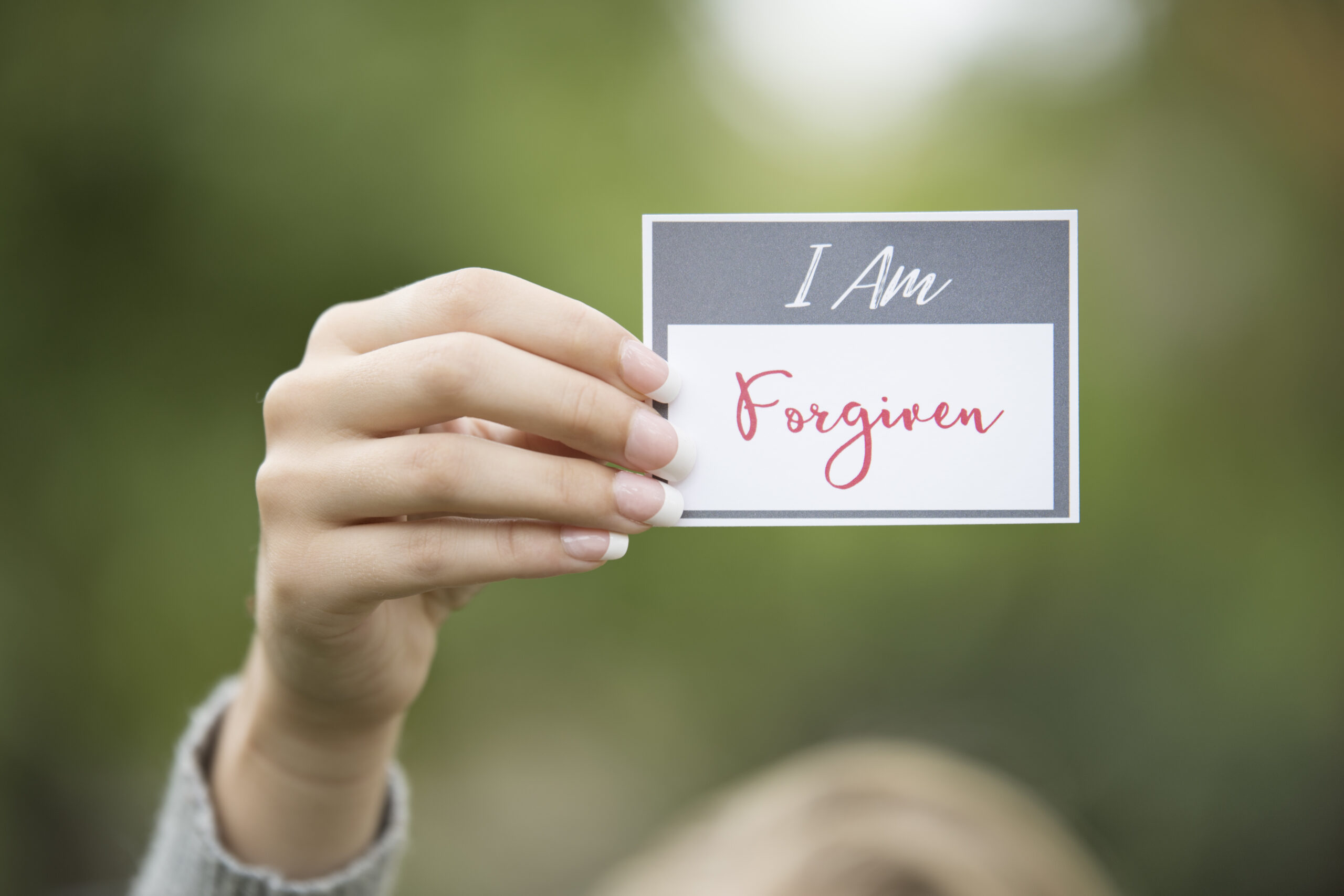

The connection between exercise and mental health has been well documented. During workouts the body releases multiple hormones that help improve mood, cognition, and concentration. For this reason, doctors recommend that people suffering from anxiety or depression pencil in plenty of gym time. I know exercise offers mental as well as physical benefits because I experienced positive cognitive changes many years before my eventual diagnosis of depression and ADHD.
That’s the good part. What is less known is how a physical ailment can also negatively affect mental health. I learned this lesson three years ago when an X-ray revealed a pinched nerve in my neck. I was thankful for a consultation in which a nurse practitioner asked how my physical pain was affecting my mental health. (She knew I was taking Wellbutrin and Prozac for depression and anxiety.) A mental health assessment revealed that I was indeed more depressed than I had been in a while. A change in dosage to my medication was suggested and it helped!
Unfortunately, Marina London (a mental health professional and editor of my book, Climbing out of Darkness: A Personal Journey into Mental Wellness) has observed that “medical professionals still rarely inquire about the emotional impact of a medical condition. This is true even when we are being treated for chronic pain, a diagnosis that is known to negatively affect mental wellbeing. It behooves us to take responsibility and ask for professional help when we are suffering.”
After receiving physical therapy for my pinched nerve, I was largely free from pain for a long time. However, I recently began experiencing extreme lower back pain that led to an MRI and subsequent diagnosis of peripheral nerve disease. I am currently undergoing treatment for this affliction.
It was this passion for new methods of treating chronic pain that led London and a fellow mental health clinician to begin offering Empowered Relief® a breakthrough, single-session training developed by pain psychologists at Stanford University. The evidence-based program teaches practical pain management skills that deliver real, lasting results. (Fresh Hope for Mental Health does not endorse Empowered Relief® but presents it as an example of research that supports the mind-body connection). For more information, visit www.painshifting.com or contact Marina London at marina@painshifting.com
Another psychoeducational and evidence-based pain-relief program is Pain Reprocessing Therapy (PRT). Interested individuals are invited to join an 8-week educational Healing Workshop to overcome the challenges of chronic pain and embrace recovery in an expertly facilitated, peer-supported setting. For more information, visit https://www.painreprocessingtherapy.com/healing-workshop/
Note, neither Empowered Relief nor PRT require participants to end other pain management techniques they may already be using such as PT, acupuncture, therapy, etc.
With over 76 million Baby Boomers in the US alone, programs like Empowered Relief and PRT are vital since additional changes to physical health can be expected as this group continues to age. As mentioned, it’s been too easy to overlook the depression or other mental suffering that may occur simultaneously.
I’ll offer a few examples. I have been on an emotional roller coaster for months since the pain in my lower back (and other areas) began. I don’t feel depressed some days, but it resurfaces on other occasions when pain increases so much it hurts to not only get out but get into bed. Trying to sleep in a chair at night is not easy so I just deal with the discomfort instead. With this ongoing yo-yo of different levels of pain, I have increasing empathy for those who have experienced physical pain for many months, if not years. It helps us to remember that others are hurting, on many occasions more than we are.
I don’t know if one is worse – the physical pain that begins limiting every day tasks or the depressive state that the average person doesn’t see but which is every bit as real. Walking and other forms of physical activity help lessen both forms of suffering, but it can be difficult to motivate yourself to exercise when you’re hurting from depression. In other words, both types of discomfort affect each other, something that I don’t think many physical therapists and other healthcare practitioners consider. As Marina explains, the mental/emotional aspect too often flies under the radar since more health care practitioners are trained to alleviate physical pain than they are to help manage underlying psychological factors.
I try my best to not dwell on my affliction. I do whatever I can physically. I take my dog for short walks, enjoy nature, work two hours a week collecting money and other light work at a recycling center in town and, of course, I enjoy writing – especially blog posts for Fresh Hope!
More importantly I remind myself that my pain is only temporary. God will one day wipe away all the tears from our eyes. As much as our troubles hurt, Christians know that at some point they will end. It is a comforting thought that helps. Secondly, there are scores of helpful passages in scripture that can provide hope and inspiration on particularly trying days. A favorite passage is Proverbs 3: 5-6: Trust in the Lord with all your heart. And lean not on your own understanding; In all your ways acknowledge him, and he shall direct your paths.
This verse offers a great deal of solace. Since God is the ultimate healer. I need not rely solely on medical professionals for encouragement. God alone knows what is going to work best for me!
Matthew 11: 28-29 might be best of all: Take my yoke upon you and learn from Me, for I am gentle and humble in heart, and you will find rest for your souls.
Consider these verses or look up a different one. Remember that everyone experiences pain and despair in their lives. Fresh Hope support groups are a safe place to find encouragement and hope. As the saying goes, “You can’t keep doing things the same way and expect different results.”
Mike Jacquart belongs to a Fresh Hope support group and the author of “Climbing out of Darkness: A Personal Journey into Mental Wellness” with Marina London LCSW. It is available at https://www.amazon.com/Climbing-out-Darkness-Personal-Wellness/dp/B0BQ58KJH4
A retired magazine editor, Mike enjoys sharing his story of “pushing through” on blog posts, podcasts, and other presentations. For more information, contact him at michaeljacquart8@gmail.com.






